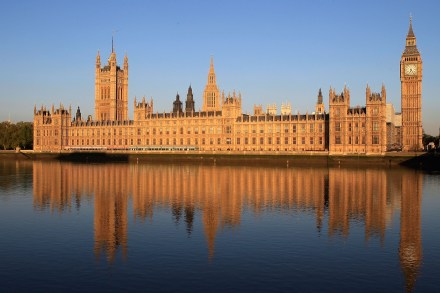The latest expenses battle
IPSA, IPSA, IPSA. If there’s one thing exercising MPs across all parties at the moment, then it’s the new expenses regime in the Commons: the Independent Parliamentary Standards Authority. I won’t run through all of their grievances here, mainly because you can find good summaries here, here and here. But they are already a frustrating mix of seemingly legitimate concerns (about staff wages) and outrageous whining (about not having taxi fares paid for before 11pm)(erm, pay for them yourself). The latest news is that John Bercow is going to intervene, to “ensure the new rules are interpreted reasonably and that MPs are treated courteously.” That may not sound like much,



















